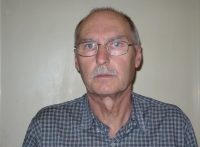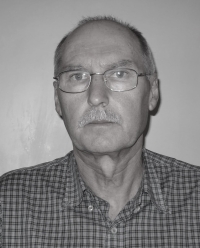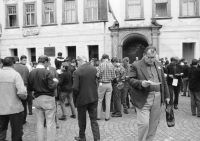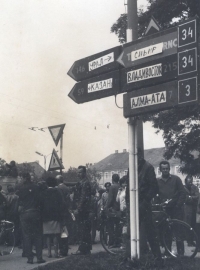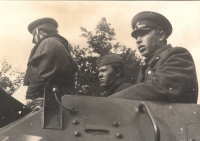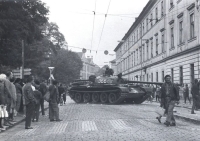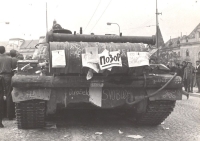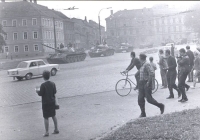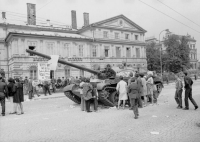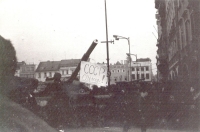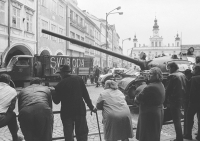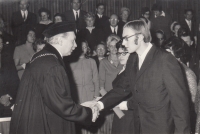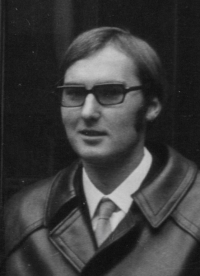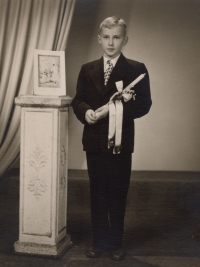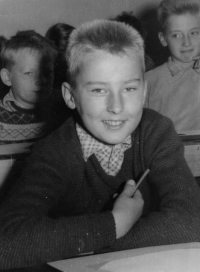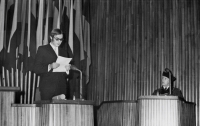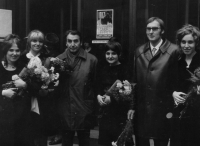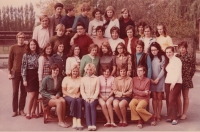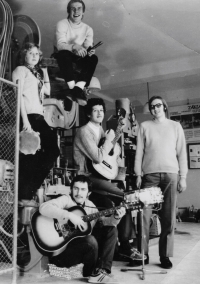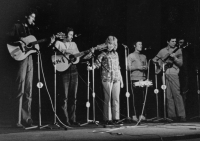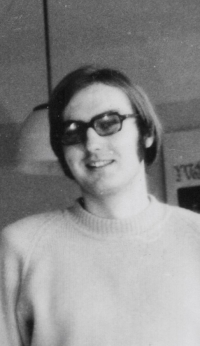I actually said what was on my mind at the time

Download image
Karel Lippmann was born in České Budějovice on 1 May 1948 into the family of a teacher and later the headmaster of the České Budějovice Grammar School. He witnessed the Prague Spring as a third-year student of the Faculty of Arts, Charles University in Prague. In 1968, he took an active part in the occupation strike during which he was a liaison between the University and secondary schools. After the Moscow Protocol was signed, he wrote a letter to Prime Minister Oldřich Černík. He was Jan Palach’s classmate. In 1989 he initiated the establishment of the Civic Forum of Secondary School Teachers. He married Renata Bláhová and they had two daughters. He lived in České Budějovice in 2022.
